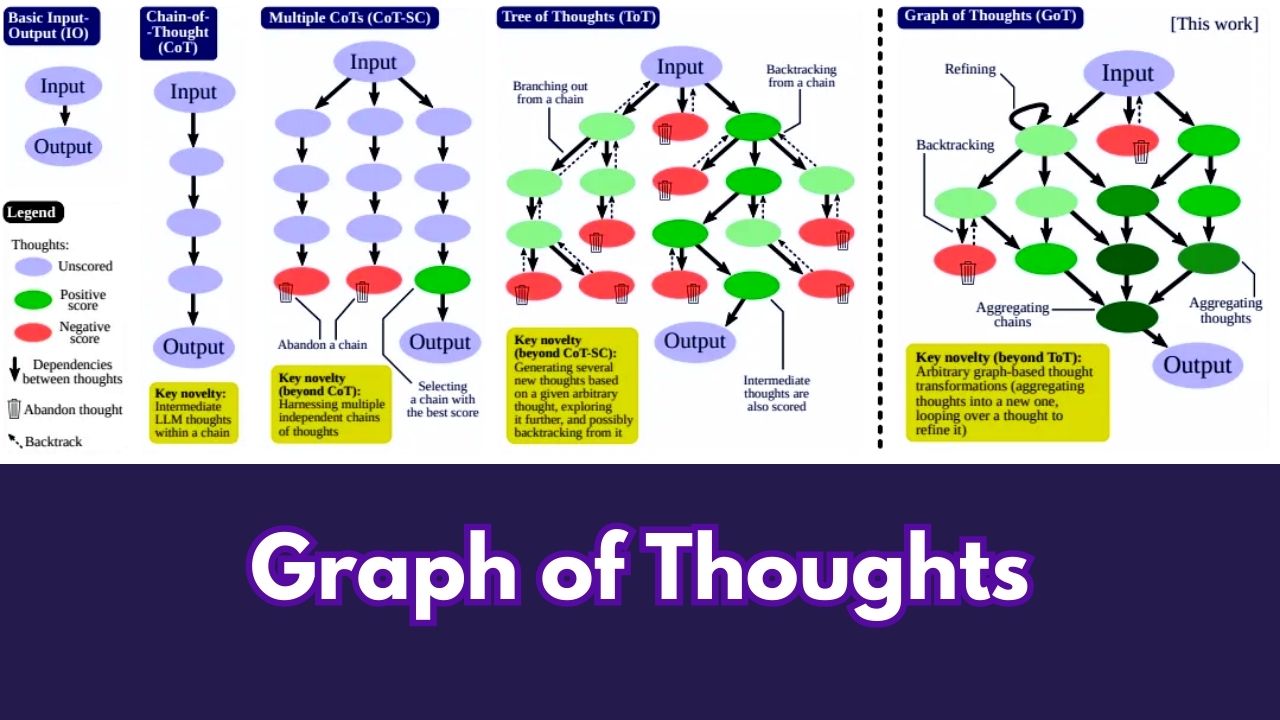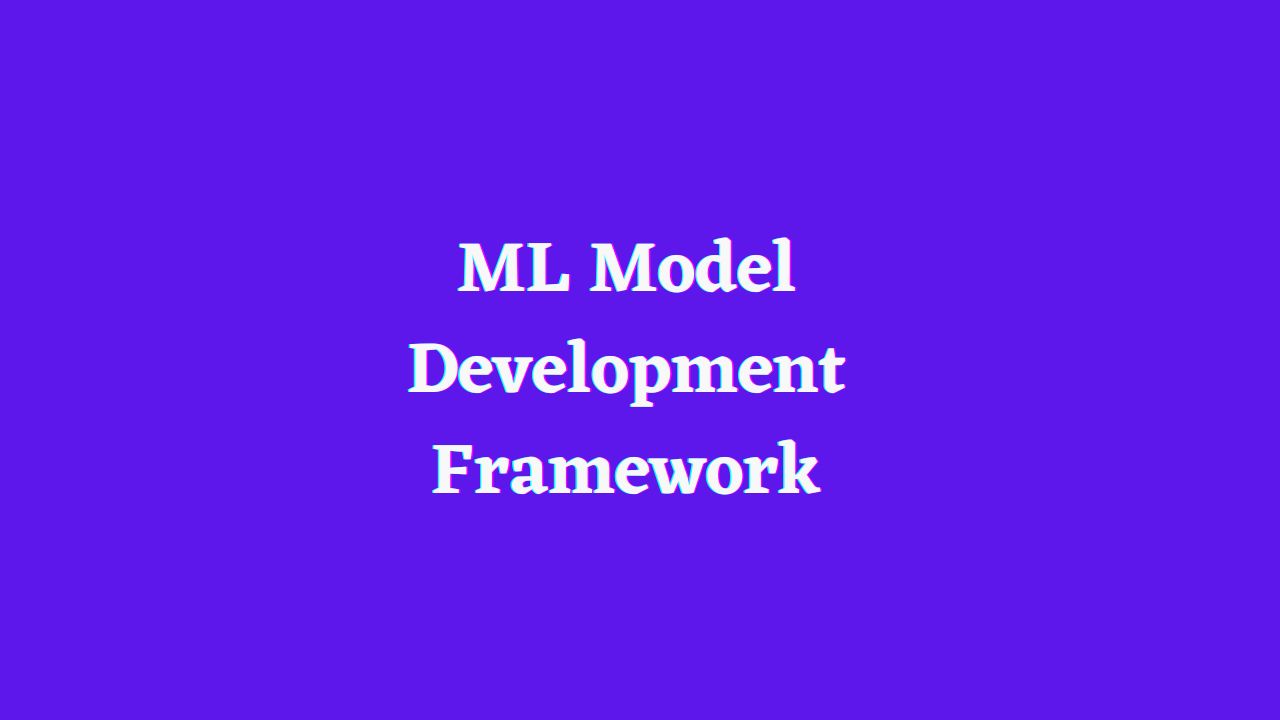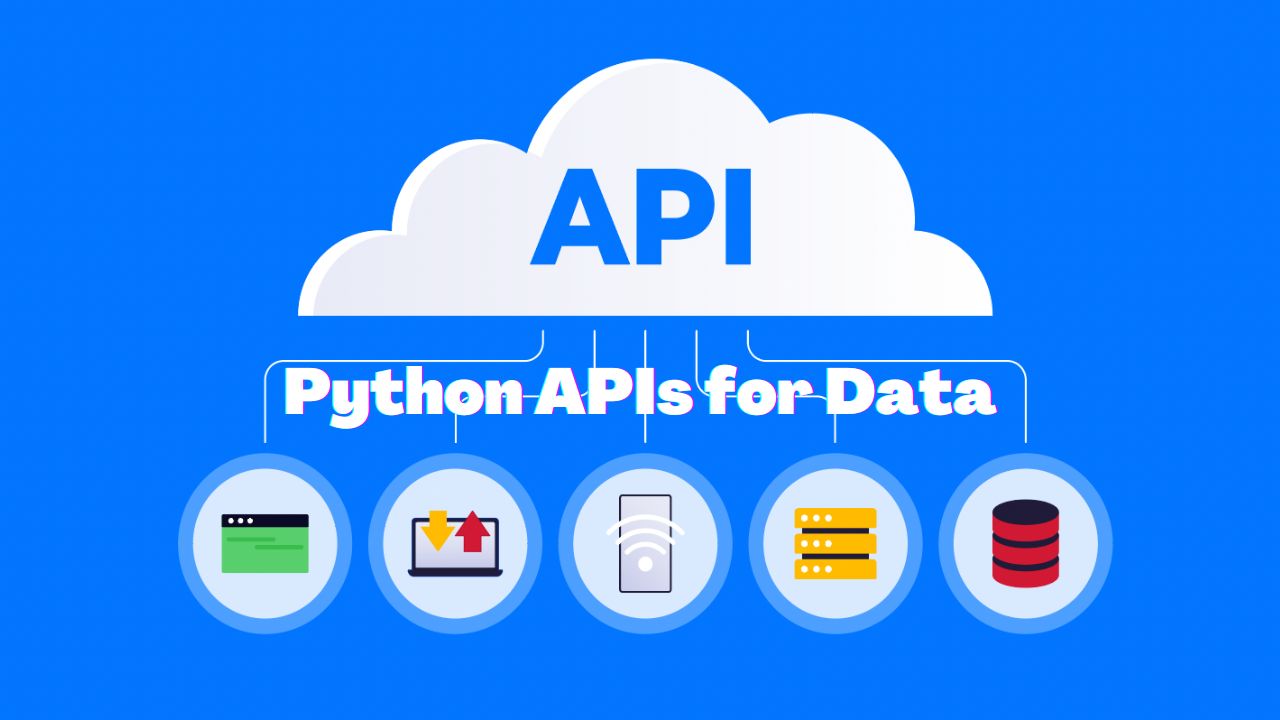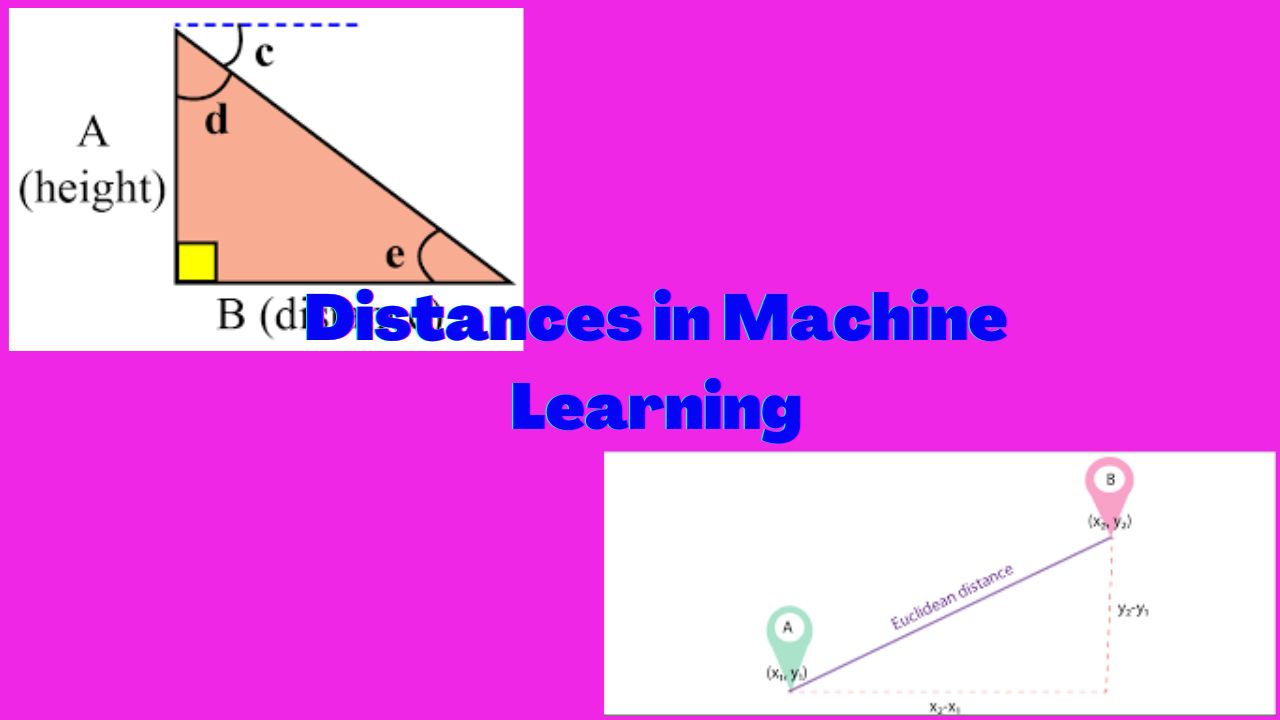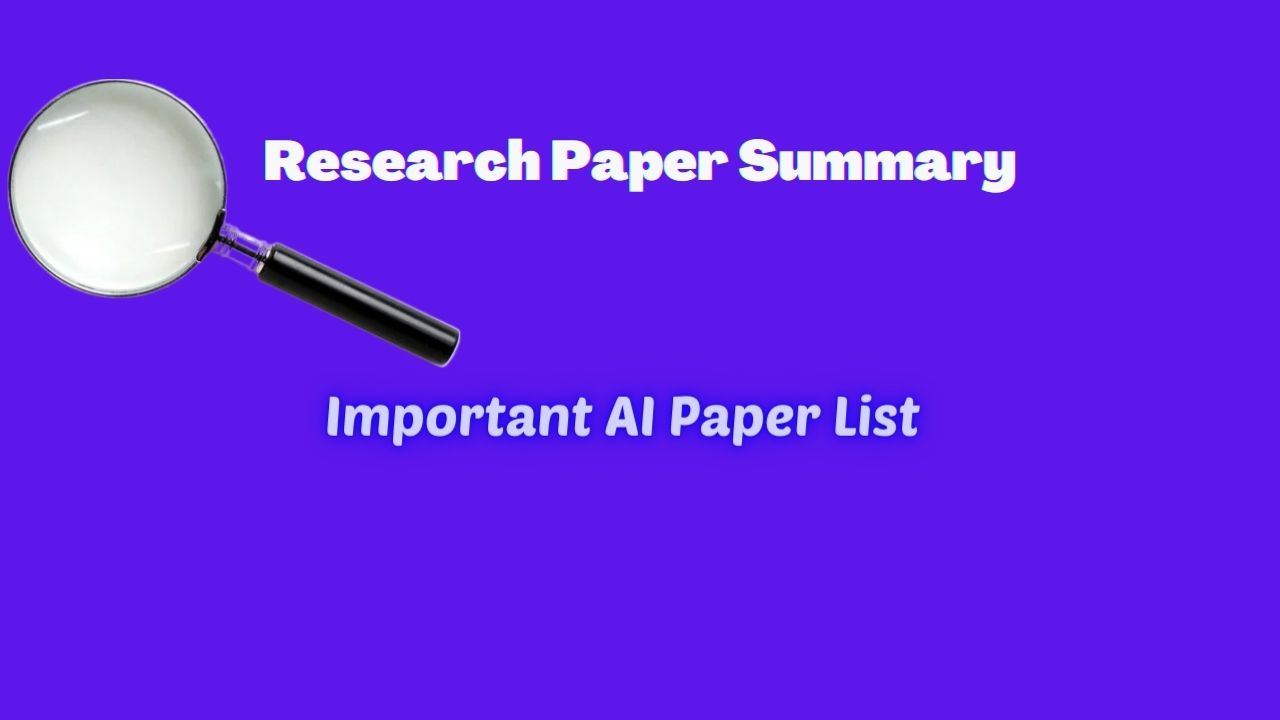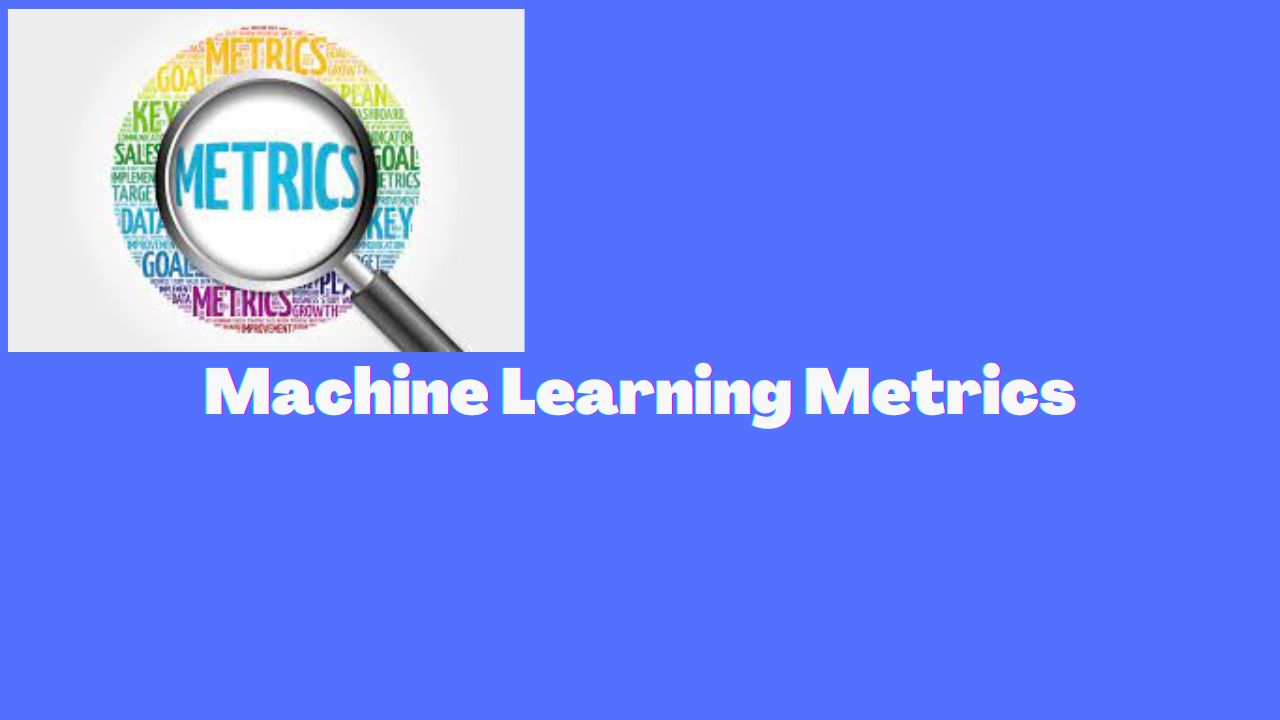Ek Kendra for Data Science
Links to Explore Here
| Scan Me | Bookmarked Links |
|---|---|
 |
|
🔗 Links





|
|
📝 Blogs








|
|
🏠 Home Page




|
Welcome to dasarpAI — a unique space where Data (of various languages) meets Sanskrit (mother of languages), Project management meets Philosophy, and Machine Learning meets Mindfulness.
I’m Dr. Hari Thapliyaal, the creator of https://dasarpai.com, with 1000+ articles covering AI, Data Science, Project Management, Sanskrit Mantras, and Vedanta.
My Philosophy Behind This Blog
More than just a space for teaching and helping others, this blog serves as my platform for self-expression. The thousands of articles spanning multiple categories are my way of communicating with the world—and reminding myself of how far I’ve come and what remains to be explored.
This is the place to learn everything about Data Science, Data Engineering, Data Analytics, EDA, AI, Machine Learning, Deep Learning, LLM, RAG, GAN, NLP, RL, and much more. The content here is rooted in my three decades of experience across Data Science, Project Management, AI/ML, IT, Software Development, Process Automation, and Business Analytics in diverse domains such as Logistics, BFSI, Healthcare, Education, Staffing, and NGOs.
Over the years, I’ve held roles including Programmer, Architect, Business Analyst, Data Analyst, Product Manager, Project Manager, Program Manager, Delivery Head, Trainer, Coach, Consultant, and Mentor. These varied experiences have given me a deep understanding of how businesses operate—and how technology can help them make better, more timely decisions to maximize stakeholder engagement and drive business growth.
In my view, making business decisions while ignoring critical factors is akin to trying to see the world with one eye. Technology, in itself, is meaningless unless it improves human well-being. We technocrats are not here merely to show off our capabilities; we aim to reduce your pain points, costs, and efforts, ultimately enhancing your overall satisfaction.
Therefore, when developing or adopting new technologies, one must consider the following:
- Technical capabilities of the organization
- Market competition
- Future growth
- Current business needs
- Project budget
- Time to respond
- Well-defined business requirements
Data Science Perspectives
In some cases, data is left to “die” in a hard disk in a forgotten storeroom; in others, the data is practically “screaming” for attention in front of us. Often, we hear only the narratives we like. Dying of thirst is a problem, but struggling at the riverbank is an even more common issue for many organizations. The time has come to bring the value of data onto balance sheets—otherwise, maintaining storage with no actionable insights is merely a liability.
On AI Adoption
AI is undoubtedly transformative and continues to reshape businesses. Still, we should first ask whether the current initiative truly needs AI or if a simpler process automation solution would suffice. Due diligence is essential: rather than starting with questions like “How can AI help our business?” or “Which AI tool should we use?”—it’s better to begin by asking, “How can we improve with our existing resources and processes, and what does ‘better’ really mean for us?”
“Better” might mean:
- Reducing cost
- Improving efficiency
- Reducing time to market
- Enhancing customer satisfaction
- Or any other key metrics important to your team, department, or organization
About Data Science Projects
AI is software, but AI projects are not like typical software projects. They have distinct pipelines and project lifecycles, requiring specialized methodologies and tools. Common objectives might include:
- Reducing cost
- Reducing development time
- Improving quality
- Enhancing customer experience
- Decreasing turnaround time
- Minimizing waste
- Preventing last-minute surprises
- Ensuring compliance
- Boosting brand value
- Increasing sales
- Or any other metrics critical to your team, department, or organization
The Way I Live in This World
- Philosophy connects me to my inner self.
- Management connects me to the stakeholders around me.
- Technology enables me to create solutions for myself and for those around me.
- Before becoming a change agent, it’s vital to first declutter your own mind and the space around you.
What is the meaning dasarpAI?
DASARPAI (Pronounced: duh-SA-RP AI) stands for: • Da – Data • Sa – Sanskrit • R – Research • P – Project Management • AI – Artificial Intelligence






